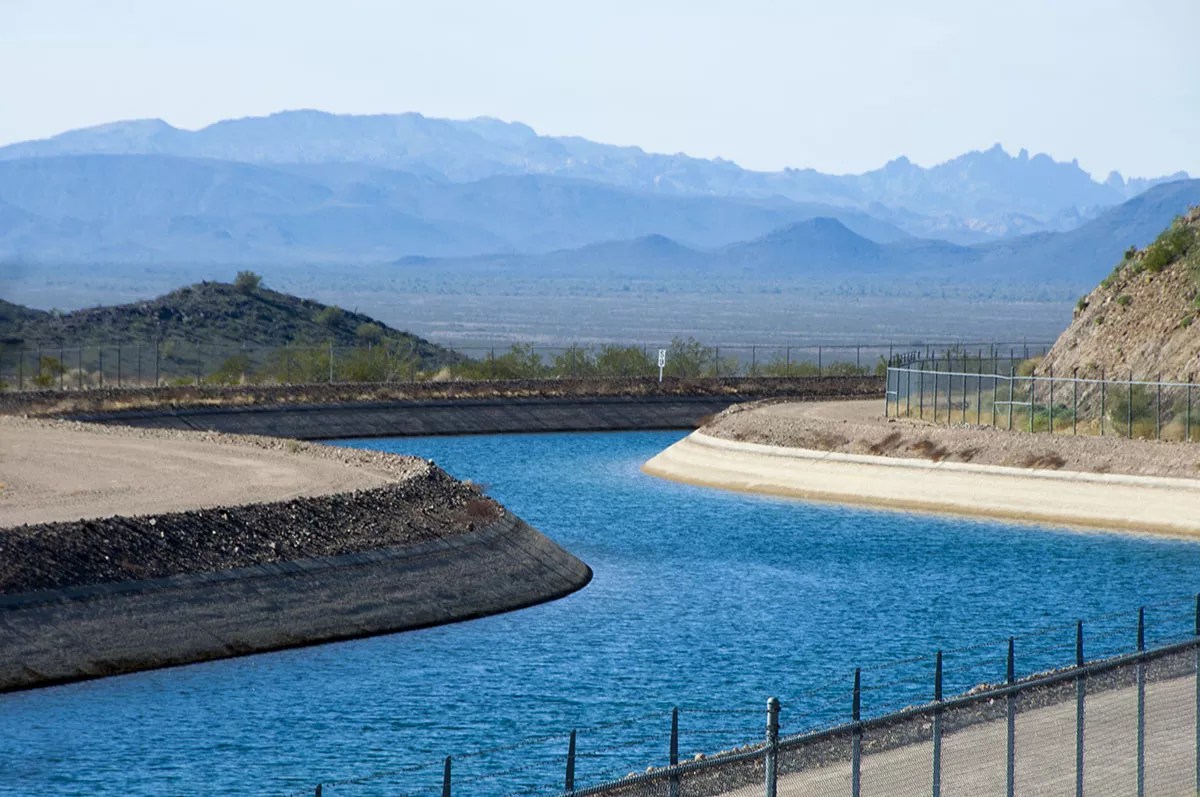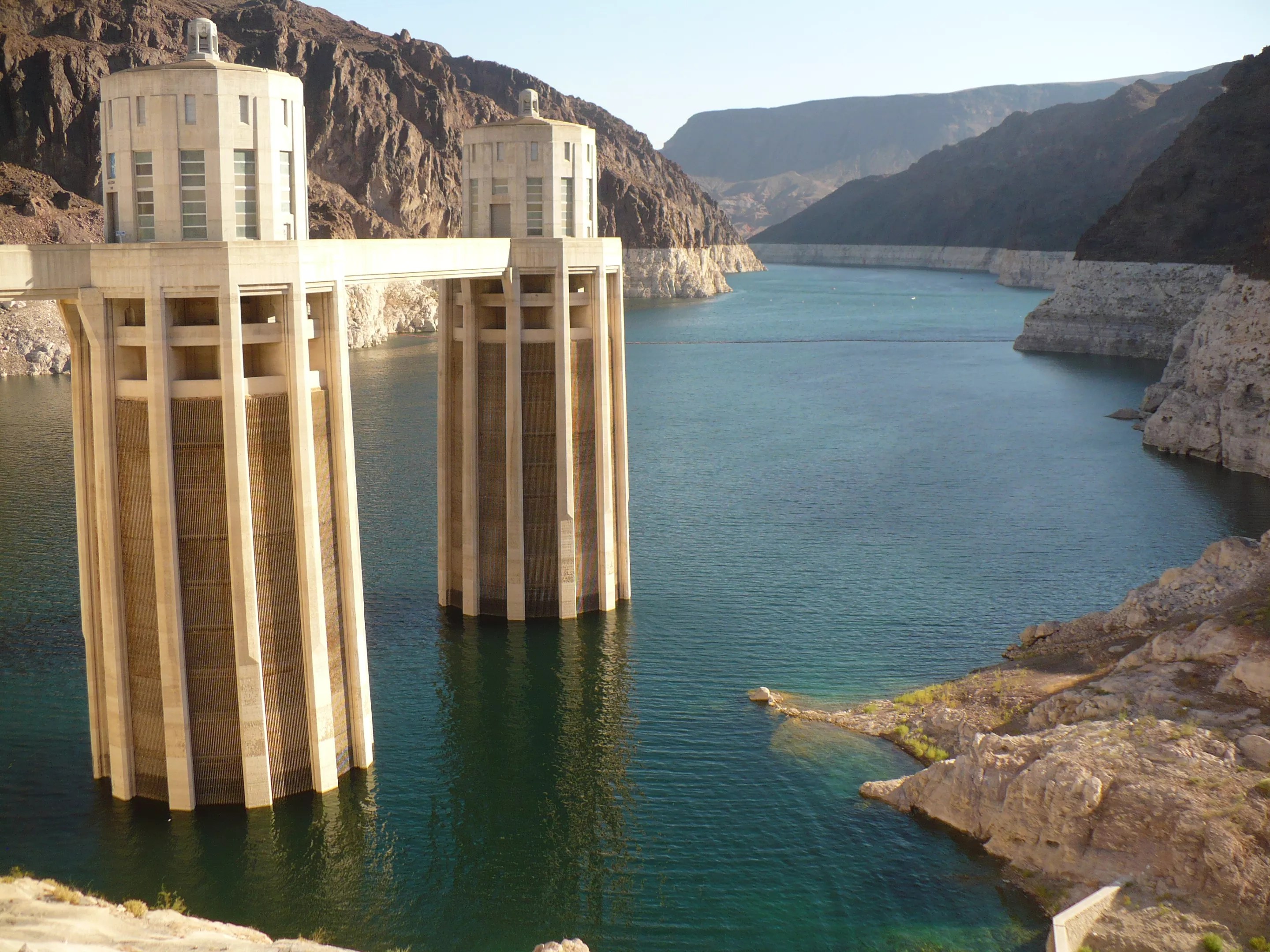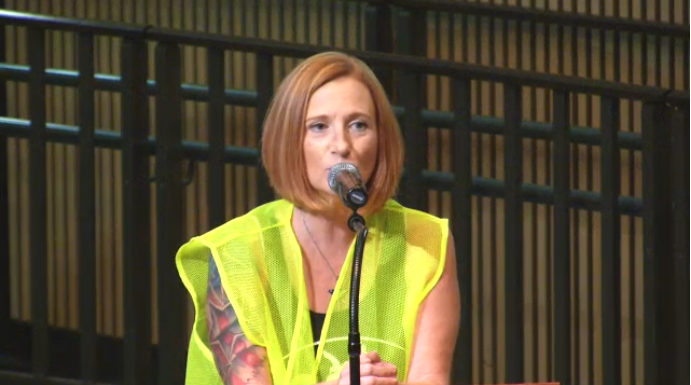
Central Arizona Project

Audio By Carbonatix
In a 5-3 vote on Wednesday, the Phoenix City Council sunk a proposal to raise water rates in the city.
The revenue from that rate hike would have helped shore up crucial water supplies and infrastructure ahead of a likely and imminent shortage on the Colorado River.
“We want to get in there and get ahead of this problem,” Kathryn Sorensen, the city’s water services director, told council members on Wednesday. She asked the council for a 12 percent increase in water rates – 6 percent starting in February 2019, and another 6 percent a year later.
For the average water customer, that would have amounted to a $2 per month increase in 2019, and $2.37 in 2020, bringing in an estimated total of $49.1 million over the next two years. The average monthly water bill for a single family in Phoenix is about $36 – one of the lowest average rates out of the largest 20 cities in the United States.
The council said no to Sorensen’s request. Council members Sal DiCiccio, Michael Nowakowski, Laura Pastor, and Jim Waring, along with interim Mayor Thelda Williams, voted against the proposal. Council members Vania Guevara, Felicita Mendoza, and Debra Stark voted yes.
Williams said the proposal would be reconsidered at the council’s meeting in January.
“I always knew this would be a tough vote,” Sorensen told Phoenix New Times by phone Wednesday night. “The Phoenix City Council has always ensured that we have a resilient, robust, reliable water supply, and I think that’s where we’ll get to.”
Before the vote, Pastor said that she had already voted in 2016 for a water rate increase to fund infrastructure.
“At that time, I thought the rate was where it was supposed to be … to cover the infrastructure that was needed,” she said. “When I voted in 2016, I also said at that time, I’m only going to vote one time.”
In her response, Sorensen politely pushed back.

The dropping water level in Lake Mead is one reason Phoenix water managers asked to raise the city’s water rates.
“Conditions have certainly changed,” she said, pointing to projections of shortage on the Colorado River and to Phoenix’s aging water system. The city’s capital improvement program, she said, “is a living, evolving thing.”
Roughly 40 percent of Phoenix’s water comes from the Colorado River, which is poised to soon enter an official shortage.
The federal Bureau of Reclamation currently gives the reservoir Lake Mead, which sits on the Colorado River, a 57 percent chance of entering a Tier 1 shortage in 2020, which means lake levels would have dropped below 1,075 feet above sea level.
Although the odds of a worse shortage are not as high, the Bureau still gives a Tier 2 shortage – between 1,050 and 1,075 feet above sea level – a roughly one-in-four chance of happening by 2023.
The revenue from the rate increase would have gone toward about $1.5 billion over the next five years for water infrastructure, according to the Water Services Department. Of that, $500 million would have gone toward infrastructure aimed at ensuring water deliveries even if the Colorado River enters severe shortages.
Phoenix sits on top of an aquifer that has trillions of gallons of water. It has also stored millions of acre-feet of water from its Colorado River supply, by banking it underground.
The problem is the lack of infrastructure, like pump stations and transmission mains, to draw on that groundwater and to move it where it needs to go.
“The Phoenix Water distribution system is designed to meet demands based on continued surface water availability,” a recent report by Phoenix Water Services explained. “Portions of our distribution system are vulnerable to extreme shortages on the Colorado River.”
If water rates aren’t raised, the report warned, Phoenix Water Services would have to “drastically shrink” its investments in infrastructure. “This could put the operational reliability of the utility at risk,” it added. “The City would not be able to guarantee water deliveries in certain portions of its service territory during deep shortage conditions on the Colorado River.”
Not raising rates could also lead to a downgrade in bond ratings, it said.
Earlier in the fall, advisory committees and subcommittees had voted to recommend that the City Council approve the rate increase. To inform the public of its request, and to garner support, the Water Services Department sent postcards to customers at the end of November to notify them. It also held more than 50 meetings and open houses throughout Phoenix in September, October, and November.
Based on that feedback, the department described residents as “generally understanding” of the reasons for increasing water rates. Some residents even said, according to the department, that Phoenicians pay less than residents of other cities do for water, and so water should, in fact, be more expensive in Phoenix.

Lesa Antone, a member of the far-right Patriot Movement AZ, at a Phoenix City Council meeting Wednesday.
City of Phoenix screenshot
But at the City Council meeting Wednesday, a different array of voices showed up.
The meeting, mostly a series of formal exchanges among elected officials, city employees, and concerned citizens, was interspersed with ill-informed objections from a colorful cast of activists.
Several attendees wore yellow vests, evoking protesters in France who have a wide spectrum of demands. These attendees slammed the proposed rate increase as government overreach and wasted dollars.
One of them was Lesa Antone, a member of the Patriot Movement AZ, a far-right, anti-immigrant group. As she spoke, she jabbed her finger in the air. The proposal represented the biggest tax increase in the history of the city, she claimed. “It’s just going to get worse,” Antone warned.
Mike Peruvoe, another yellow-vested commenter, who covered his eyes with dark, flight jacket sunglasses, stepped up to the microphone.
“All I gotta say is, this is not France. You are not Macron,” he said, referring to the French president, and stepped down.
Earlier in the day, DiCiccio, the councilman, had tweeted that he would be voting against the proposal, which he inaccurately described as a $1.5-billion increase and “one of the largest tax increases in our City’s history!”
One could define “the largest tax increase” in a number of ways. But what’s not debatable is the fact that the proposed rate increase was not $1.5 billion, but less than $50 million, and that it would have imposed an average increase of $2 per month on Phoenix families. In 2016, the City Council approved a property tax increase that asked homeowners to pay an average of $5 more per month.
This won't just be the largest water rate increase, it will be one of the largest tax increases in our City's history! Twelve percent equals over 1.5 BILLION DOLLARS. This on top of multiple increases in the past few years.
— Sal DiCiccio (@Sal_DiCiccio) December 12, 2018